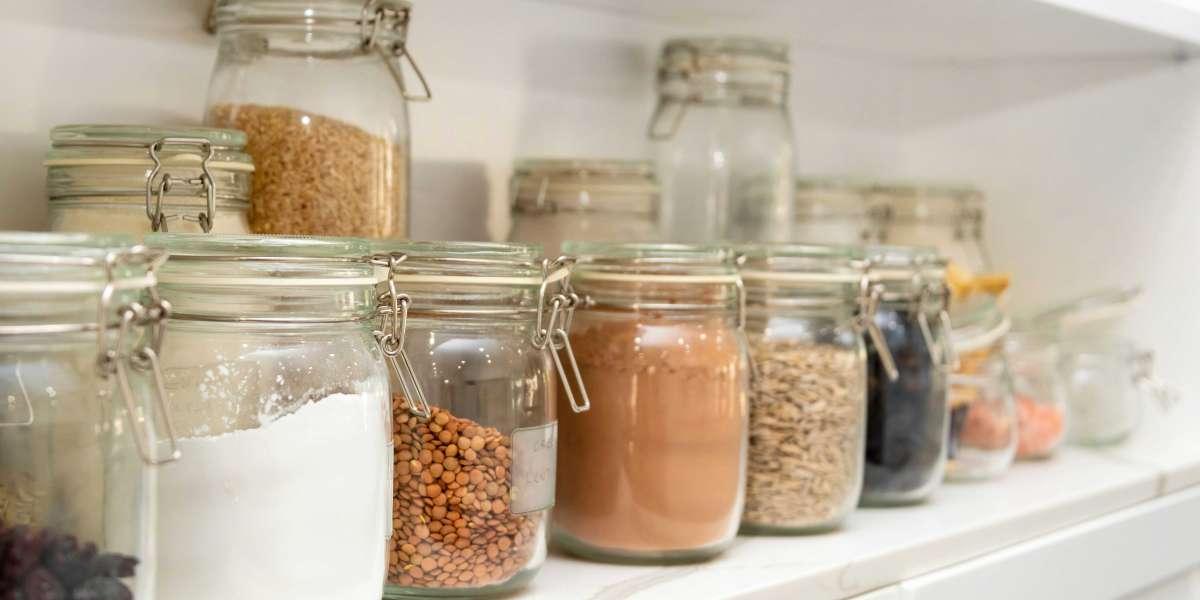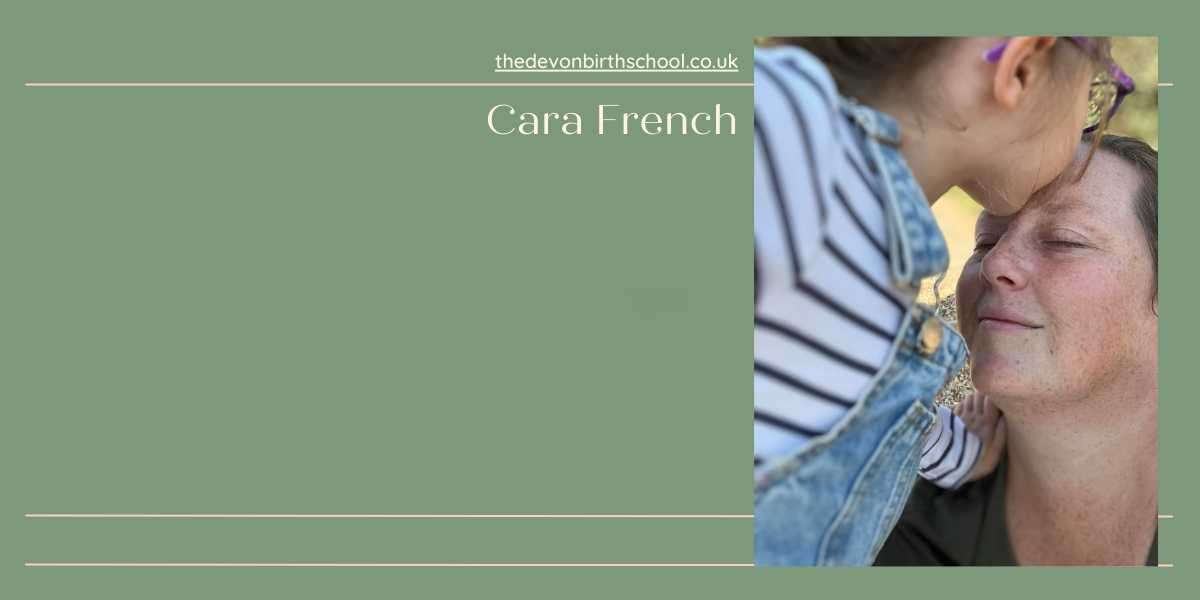As a new prepper, around 6 years ago, I made a lot of mistakes.
I got caught up in the hype of survival prepping (not what this series is about!), bought things I really - really - didn't need and starting panicking about bug-out bags.
In reality, what I truly needed to focus on was developing a working preppers pantry and the practical skills to use it properly - food storage, food rotation and preserving, too.
Your #1 prep should always be water.
But a working preppers pantry is not only convenient, it provides extra security when times are tough.
In the community I am part of, the preppers pantry has taken people through very lean times; redundancy, loss of a job, sanctions on benefits - but also enabled them to help others, without stressing their own finances too.
5 reasons why it's a good idea to have a prepper's pantry:
- Food Security
Having a well-stocked pantry ensures that you have a reliable source of food in case of emergencies, natural disasters, or supply chain disruptions. This can provide peace of mind and reduce the need to panic or hoard during times of crisis. As recently highlighted, over 40% of people in the UK do NOT have enough food or water to last them just 3 days. - Cost Savings
Most supermarkets have discounts on branded foods, vitamins and seasonal items on rotation. When you have a preppers pantry you can maximise those cost savings and buy things you know you'll use when they are on sale, saving you money in the long run. - Preparedness
A prepper's pantry is a key component of being prepared for unexpected situations. Whether it's a job loss, weather event, or any other disruption - pandemic, anyone? - having a well run pantry can help you and your family weather the storm without having to rely on outside assistance. This is especially important for families who have intolerances, allergies or specific food / dietary preferences. - Nutrition and Health
With a well-planned pantry, you can stock up on a variety of nutritious, non-perishable foods that provide a balanced diet. This can be especially important during times when fresh produce and other perishable items may be scarce or unavailable. - Self-Sufficiency
Having a prepper's pantry means that you are more self-sufficient and independent. By being proactive and taking responsibility for your food supply, you can reduce your reliance on external systems and have greater control over your food security.
Just 4 years ago, our world changed.
Queues for the supermarkets were an hour long. Delivery slots were unavailable. Fresh foods became harder to get. Flour - of any kind - and yeast were unobtainable. Let's not even talk about toilet roll! People panic bought what they could, causing extraordinary pressure on the supply chain and a concertina effect that took over a year to get back to 'normal'.
Store What You Eat - Eat What You Store
This has to be the most important principle of your working Preppers Pantry.
The temptation to have a stockpile or a stash that you save for emergency is huge - but then you risk everything going out of date, all at the same time.
My tip is to have a working larder rather than a stockpile of foods that you have only for an emergency.
This means stocking up on foods that you use on a day to day basis or that your family regularly consumes and then incorporating those items into your regular meal rotation.
Please DON'T rush out and buy tins and tins of foodstuffs you'll never eat and freeze dried food that is guaranteed for 25 years! It sounds great, but in practise they are unlikely to get used.
Instead:
- Consider starting with a medium-sized pantry stock and gradually add to it, over time, with each shopping trip, rather than buying everything at once.
- Implement a strict rotation system, ensuring that older items are consumed first and replaced with new purchases to maintain a fresh and usable pantry.
- Building a well-rounded and sustainable prepper's pantry that aligns with your family's dietary preferences can take time, but it is worth doing well, right from the start, to maximise your budget and minimise the risk of food spoilage / waste.
Your pantry is the building blocks of feeding yourself and your family.
Your pantry is the heart of your home's food security.
It's a practical investment in your family's well-being, providing nourishment and peace of mind. Building and maintaining a well-stocked pantry allows you to create nourishing meals from basic ingredients.
Establishing and rotating your pantry is an ongoing process and what you include in it will change, over time.
As you add to your pantry, you'll also develop valuable skills in meal planning, budgeting and understanding the quantities of food you need as your base line.
Some tips when starting your Preppers Pantry:
- Approach your pantry as a work-in-progress.
- Building a pantry around ingredients that can be turned into meals takes time and should not be rushed into.
- Don't get into debt
- Build it over time by adding an extra item to your food shop, if you can.
- Build up your pantry around what you eat as a family.
- Cooking from scratch is one of the best skills to have.
- Don't forget seasonings!
The Importance of Pantry Basics
One of the best skills to have is the ability to cook using basic ingredients from a well-stocked pantry.
For example, making bread requires just a few simple ingredients like flour, yeast, water and salt; mastering the skill of turning those basic items into a decent loaf that your family loves is invaluable.
From there, you can progress to making sourdough or soda bread without the need for commercial yeast, just as we did in the pandemic, from wheat that we milled ourselves!
Lovingly called Bob, our sourdough starter was one of the highlights of a highly unusual situation and a skill that I now have for life.
Essential, basic, pantry items to consider include:
- Flour
- Sugar
- Oil
- Honey
- Salt
- Yeast
And yes, the essentials will look different for every family but work out what YOUR basics are and start there.
Focus your resources on developing essential skills and stocking up on the basic ingredients that will allow you to cook and preserve food for your family.
IMPORANT NOTE: If you plan to buy flour in bulk, you'll need a way to store it properly, such as food-grade buckets, to prevent weevils, biscuit beetle and other unwanted visitors! Unbleached all-purpose flour is very versatile and can be used for bread, pastry, pasta, biscuits, pancakes, cakes and crumble.
Remember! Knowledge and putting that knowledge into practise are the biggest preps of all; the best time to start is right now.
More First Time Prepper Blogs on ZZatem:
Recommended Reading:
Why am I writing the First Time Prepper series?
In May 2024 the UK Government announced that every UK citizen should consider having three days worth of food and water on hand, in the event of an emergency.
According to polling by the London Defence Conference, only 15 per cent of people have an emergency supply kit in their homes - and over 40 per cent of people do not have enough non-perishable food and water to last 3 days.
Oliver Dowden also warned that the UK Government plans the 'largest-ever simulation of a pandemic in the UK, which will involve tens of thousands of people across government and public services.' in 2025.
Prepping is easy, when you know how and, for the most part, is just common sense. It helps you to have less impact on the supply chain and helps you to be resilient in the face of lifes challenges and changes.
Photo by Steven Ungermann on Unsplash








